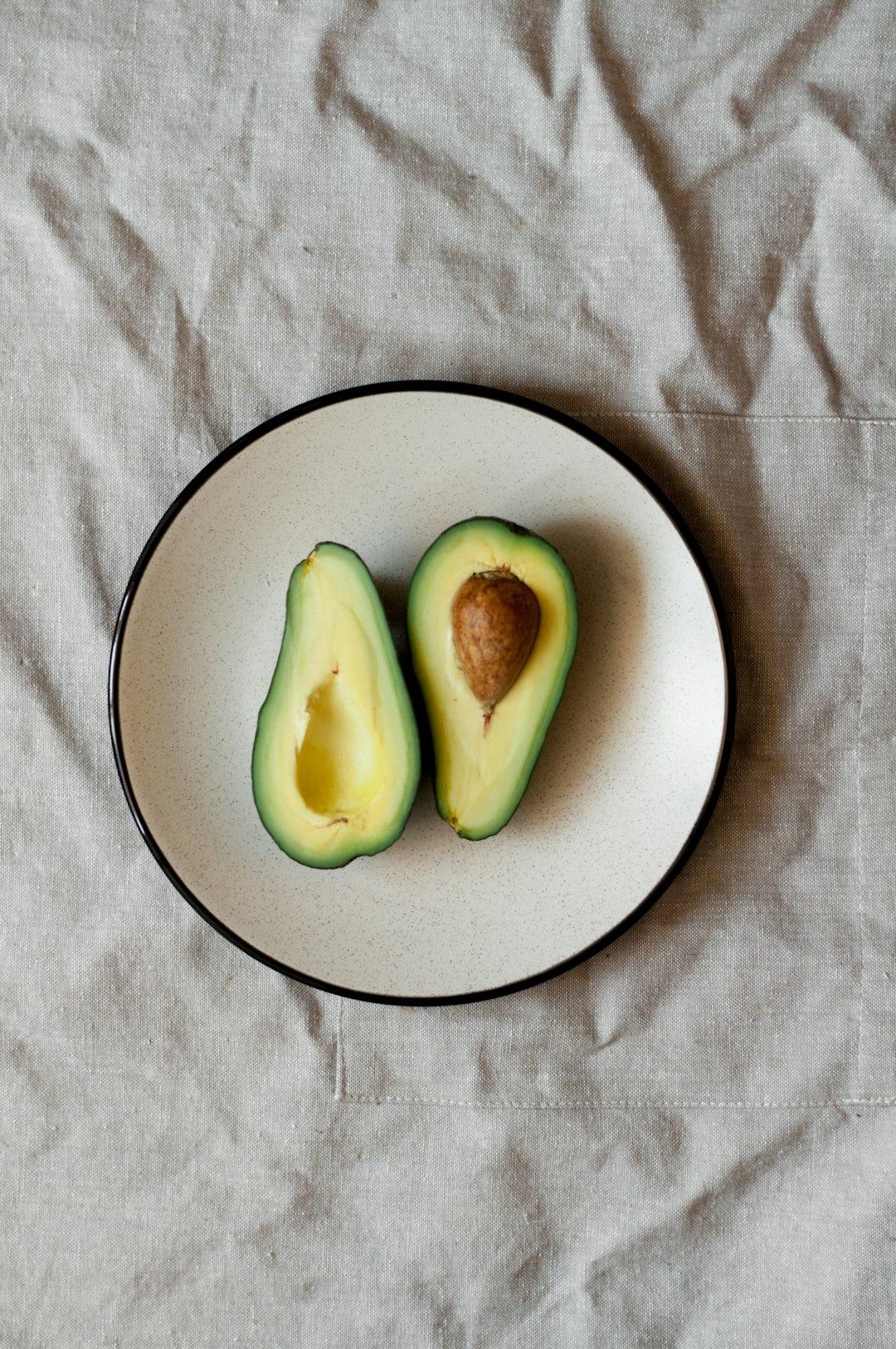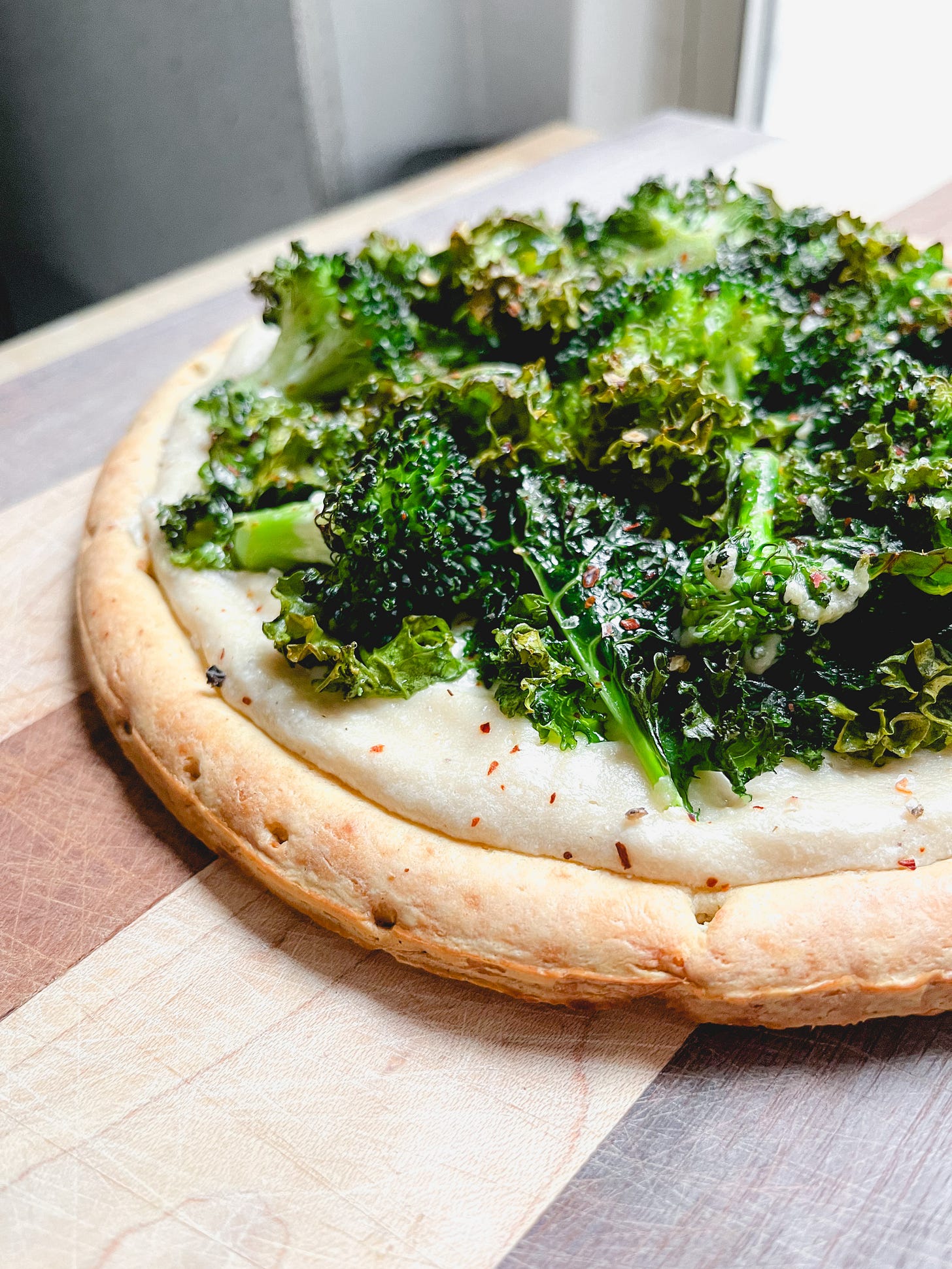
The Internet certainly can be a helpful tool when it comes to learning about your health. I mean heck, I work for a company that strives to help people live nourishing, thriving lives.
But we also know that the Internet can be a pile of crappy false information, and it’s important to be wary of where and who you’re getting advice from. Are they a doctor? A registered dietitian? An accredited source with credible scientific studies and sources?
Or…are they just a famous TikToker telling you how to eat?
This is the kind of stuff that Abby Langer, RD is particularly passionate about. She uses her online platforms to call out some of the bull cocky we see online and busts the myths on their false claims. More recently, a video on the alkaline diet had her revealing the truth on balancing the pH levels in your body.
Long story short: You don’t have to balance your pH levels yourself.
Like almost every other dieting scheme that tells you to micromanage the functioning of your natural body (like detoxing or food restriction), the alkaline diet promotes a style of eating that “alkalizes” the acidic environment in your body. But according to Abby, your body doesn’t need the help at all.
I recently gave Abby a call so we could dive deeper into these claims, so let’s dive in.
What is the alkaline diet? What is it trying to preach?
The alkaline diet supposedly alkalizes your blood tissue and leads to better health. Now the theory behind the alkaline diet is that disease thrives within an acidic environment. So by eating the alkaline diet, it creates an alkaline environment within your body, staves off disease, and promotes good health.
"Health gurus" online have voiced about balancing your pH levels using the alkaline diet, but you've voiced numerous misconceptions about it. Explain to us some of the "holes" in what this eating plan is preaching.
The main problem with the alkaline diet is that it makes a complete mockery of human physiology. It’s impossible to alkalize or acidify your body with food. If that happened, we would all be dead right now. It’s a pretty simple concept. Our lungs and our kidneys tightly regular the pH of our bodies. If that system happens to fail, then you would need a hospital. You would need a special diet. People who have metabolic acidosis or metabolic alkalosis are extremely sick, and you would know if you had that. You’re not just walking around with those conditions.
I just think that’s so fascinating. Our kidneys really are powerful and are doing the work. I don’t understand where the divide was where people thought “oh I need to manage and do this myself.” Why are people interested in it in general?
You know, we’ve been sold on this concept of not being able to trust our bodies. It’s the same sort of thing with detox and cleansing. We’ve been cleansing our own bodies ever since humans have been on the planet! Right? Same with maintaining a blood pH or an appropriate body pH. But the wellness industry likes it. This is the way it works: the wellness industry creates a problem we didn’t know we had, and then it offers a solution. It does that with the alkaline diet, and with cleansing and detoxing and all of that. It’s disingenuous.
Some promoting the alkaline diet have made the claim that we can create an “acidic environment” with stress. Now we know that stress is connected to our body and our health in many ways, but I thought it was interesting that health gurus say stress will cause an acidic environment and we have to “fix it” with food. Why is that false?
Well first, stress doesn’t create an acidic environment within the body. If you have uncontrolled diabetes, stress may cause your pH to go wonky—absolutely. But for normal healthy people, the body manages stress and there’s nothing about stress that could creates an acidic environment. That’s just a fallacy.
Some eating plans and health influencers make you believe you have to "medicalize or micromanage" our natural bodies, as you say. But our bodies are meant to handle these things! Tell us a bit about why we don't have to worry so much when it comes to our eating.
We really need to understand that humans have been on this planet for a really long time. And although we have approved our medical care and our understanding of the human body, some things haven’t changed and those things are how our bodies manage everyday life. How they react to stress. It’s a normal philosophical function of your body to detox itself, to regulate its pH. You do not need to manage it yourself.
These are just marketing ploys to get you to buy a product or buy into someone’s way of thinking when it literally makes no sense physiologically at all.
It’s like telling someone their foot is their arm, it just doesn’t make sense! It’s so crazy, and it’s frustrating.
Yeah, absolutely. One thing I’ve been very into lately is learning about detoxes and how people are so into detoxing their bodies and their colons, and I’m like “you do realize there’s a medicine you can take if you really want to detox your colon, right?”
Oh yeah, for sure, although that’s not very pleasant *laughs*. It’s so insane.
What are things you advise when it comes to taking care of your body, nourishing it, and enjoying life?
So often we focus on things like alkalizing our bodies or eating raw food or choosing clean foods, but all of that makes no sense. The best thing you can do is nourish yourself physically and emotionally with the food you choose and your eating habits.
Good nutrition isn’t only what you choose to eat, it’s a relationship with food and your body. Trust that your body knows what to do and that it doesn’t need help with certain things.
Knowing who to listen to in terms of getting health information is important. But eating a varied diet and understanding that food is just food. Choose things that you love to eat and make you feel good, and that’s the most important thing.
There’s anything else you think our readers would be interested in knowing?
I wanted to add that a lot of people will say that “cancer thrives in an acidic environment, so you need to have an alkaline diet to treat cancer.” And I think it’s just repugnant that people prey on cancer patients and [people] trying to prevent cancer. But there’s no evidence. We believe that cancer causes an acidic environment, but it’s not the other way around.
And this is all based on studies that for some reason people have botched and rethought through?
Yeah. I don’t know, it’s just the craziest. I think it’s been around for a really long time, and it just keeps getting recycled. And you know I feel like the same thing happens with [other fad diets] like raw food. Everyone should know that they’re bull sh**, but they still do it.
Follow Abby!
For more myth-busting and nutrition truths (and, quite honestly, a few laughs) give Abby a follow over on Twitter, Instagram, TikTok. You can also snag a copy of her book Good Food, Bad Diet: The Habits You Need to Ditch Diet Culture, Lose Weight, and Fix Your Relationship with Food.
When you have a creamy pizza sauce recipe as easy as this one, it’s hard to not make pizza all the time. So I thought I would share a recent Creamy Green Machine Lunch Pizza that you can make next week. And it’s vegan!
It’s pretty simple to make. I use a frozen Banza pizza crust, top it with my creamy vegan pizza sauce, and add a handful of kale and broccoli. Drizzled with garlic-infused olive oil and sprinkled with sea salt, red pepper flakes, and fresh cracked pepper, it’s the perfect filling meal for lunch. Or even two lunches!
Creamy Green Machine Lunch Pizza
Makes 1 serving
Ingredients:
1 frozen pizza crust
1 cup curly kale, torn roughly
1/2 cup broccoli florets
2 tsp garlic-infused olive oil
Sea salt, red pepper flakes, pepper
Instructions:
Preheat the oven to 400 degrees. Remove the pizza crust from the packaging.
Prepare the creamy vegan pizza sauce recipe. Don’t want it creamy? Just grab a jar of your favorite tomato-based pizza sauce. Spread on the pizza crust.
Place the kale and broccoli florets in a bowl with the olive oil. With clean hands, massage the veggies until soft (about 15-30 seconds).
Place the veggies on top of the sauce. Sprinkle with salt, pepper, and red pepper flakes.
Place the pizza directly on the rack and bake in the oven for 12-15 minutes, or until the crust is golden brown. Remove with the cardboard provided in the packaging and slide onto a cutting board.
Let it rest for a few minutes before slicing and serving. Don’t forget to drizzle on some Mike’s Hot Honey!
Where I went: Kos Kaffe in Park Slope, Brooklyn
What I ate: Sheet Pan Chicken Fajitas
What I watched: Pivoting on Hulu
What I read: All We Ever Wanted by Emily Giffin
What I’m listening to: Fading West by Switchfoot





